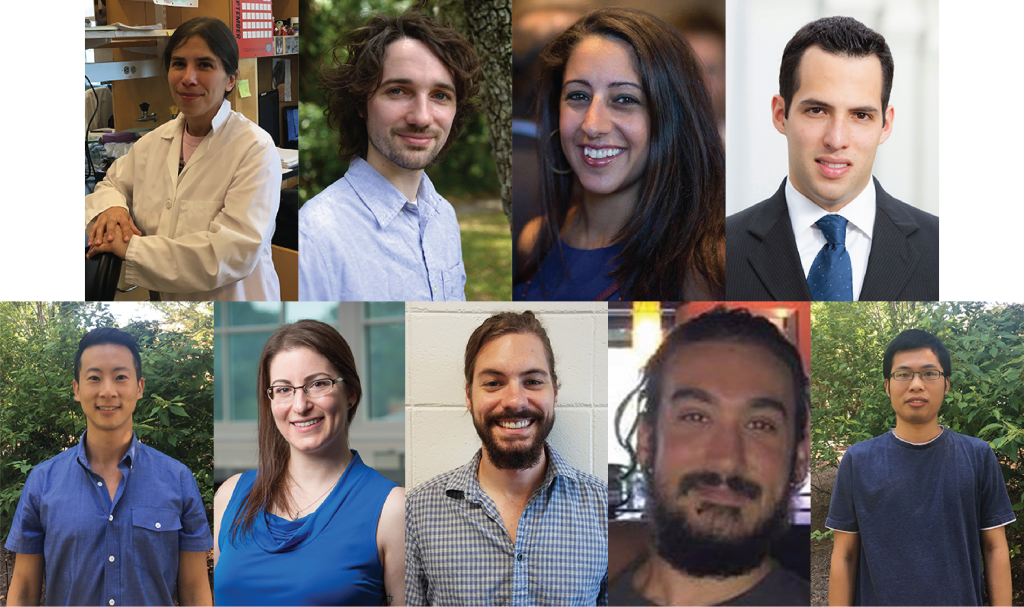We are proud to support three new symposia organized by student and postdoctoral members of the GSA! Check out the descriptions from the Spring 2017 awardees of GSA Career Development Symposia funding. This program empowers early career members to organize local events that enhance the professional development of their peers, including career skills symposia, workshops, and networking events.
Is there an unmet career development need in your local research community? We need your proposals for unique and valuable events! The next application deadline is January 10, 2018.
2018 Boston Postdoctoral Association Symposium on Careers and Collaboration in Science
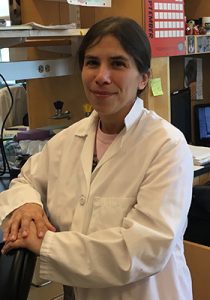
Sarah Dykstra
Many graduate student and postdoctoral trainees have strong research, teaching, and interpersonal skills; however, concerted training opportunities are greatly needed to prepare them to leverage their skills for careers in either academic tenure-track positions or in industry. Since 2013, Postdocs from seventeen Boston-area academic institutions have joined together with industry postdocs to form the Boston Postdoctoral Association, a consortium to provide additional training and to foster opportunities for collaborative research and training for the region’s more than 8,000 postdocs. In June 2018, we will hold our second annual symposium to help prepare students and postdocs for success in both academic and industry research settings. The goal of are: 1) provide a unique opportunity for early-career scientists to network and share their research; 2) provide professional development resources beyond those currently available at individual institutions.
As biological research becomes increasingly complex, collaborative research and information-sharing among diverse researchers are often required to answer novel and high-impact scientific questions. This symposium will be a unique platform for early career researchers to establish new relationships and gain new perspectives on the key questions in their respective fields. To foster academic-industry research interactions, exceptional local trainees from academic institutions and local pharmaceutical and biotechnology companies will participate in poster sessions and scientific talks. Panels and workshops will focus on discussing ways for academic and industry researchers to collaborate as well as gain skills beneficial to their career development during their traineeships and beyond. Panel discussions will include speakers from across the region who are mentors and leaders in their fields. Workshops will be designed to provide graduate students and postdocs with transferable skills for excellence in both academic and industry positions. Extensive opportunities for networking will be provided.
Ethical and Inspiring Mentorship in STEM

Blessing Enekwe

Pinar Gurel
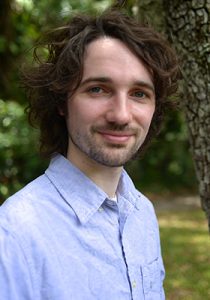
Gary McDowell
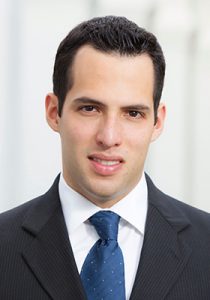
Juan Pablo Ruiz
The Ethical and Inspiring Mentorship in STEM symposium and workshop will take place at the University of Maryland, College Park campus on Sept 21, 2017. Please join us to discuss ethical, effective, and inspiring mentorship practices.
This symposium has four goals:
- To recognize and discuss the issues surrounding mentoring in STEM fields.
- To discuss effective mentorship and advocacy techniques at all levels: PhD, Postdoc, Faculty
- To provide a platform to connect like-minded young scientists who wish to effect change at their own institutions at the grassroots level.
- To inspire participants to practice effective mentorship practices and promote these skill sets to their peers and colleagues at their own institutions.
Among the many roles that scientists play, mentoring younger scientists is one that researchers are rarely trained for. In the current STEM research environment—where lack of funding is but one of the systemic issues faced by young scientists—roles, responsibilities, and career trajectories are changing. Organizations such as Future of Research and Rescuing Biomedical Research have been formed in recent years to address systemic issues facing academic research. Others, such as the National Mentoring Research Network, have arisen to address the training needs of those who wish to remain in academia but receive no formal training in how to supervise and mentor students. Still, there are gaps in the cultural awareness and value of being an inspiring leader, promoting a positive work environment, and in having happy, mentally fit employees. Where other industries recognize these benefits, academic culture lags. But all of these issues are intertwined and lead to the pessimism and learned helplessness found in many young researchers regarding their careers. System, training, and culture all intersect to provide a scientist’s well-being and productivity.
Labmosphere and Future of Research are holding a conference in collaboration with UMD-College Park with support from The American Society for Cell Biology, The Genetics Society of America, and the Union of Concerned Scientists, to discuss current mentorship practices and how they can be improved.
This one-day conference will take place at the end of National Postdoc Appreciation Week. The day will consist of talks, breakout sessions, a mentorship panel followed by discussion, and a networking reception. To register, sign-up here. For more information, visit our website.
Southeast Mycology Symposium
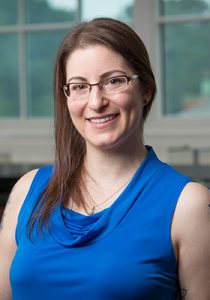
Abigail Courtney
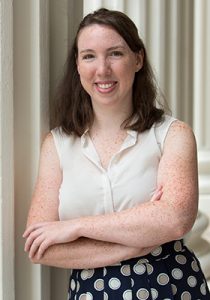
Aileen Ferraro
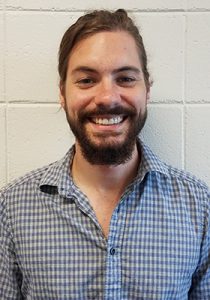
Nathan Glueck
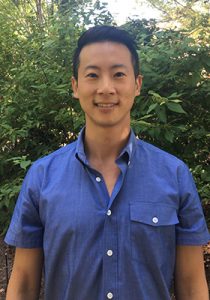
Earl Kang

Alexander Mela
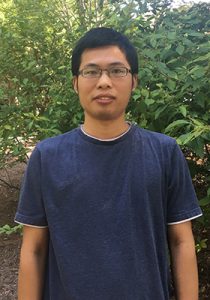
Jie Zhu
The kingdom Fungi includes a wealth of biologically diverse organisms that are essential to the global ecosystem. Fungi are principal decomposers of organic matter as well as major facilitators of nutrient exchange between other organisms and the environment. Many fungi are medically or agriculturally important pathogens, whereas other fungal species have crucial technological applications, including antibiotic synthesis, the industrial-scale enzymatic breakdown of biomass, and production of food products for human consumption. In addition, the use of fungi as model organisms has uncovered general principles that are applicable to all eukaryotic life. In 2011, Mora et al. conservatively estimated that there are over 600,000 species of fungi on earth, constituting approximately 7% of all eukaryotes and second only to animals. Despite all of this, fungal biology research is underrepresented globally, especially in the southeastern United States. By organizing the Southeastern Mycology Symposium (SEMS) at the University of Georgia, we aim to (a) provide a regional forum in which researchers can exchange ideas and (b) inform a breadth of scientists regarding current questions being explored in fungal biology. This trainee-organized symposium will be oriented towards research that employs genetic approaches and broadly aims to explore the genetics and evolution of fungi. The research presented at our symposium will focus on interactions between fungi and other organisms, which will appeal to a diverse range of research interests. In addition to exposing attendees to the extensive variety of relationships that fungi maintain, this will foster communication between different fields in the scientific community. Furthermore, a centrally located, well-advertised symposium on the UGA campus will be accessible to a vast number of scientists, particularly young scientists, from diverse locations and backgrounds. The University and the surrounding region will benefit from this unique event that we hope to continue in the years to come.

